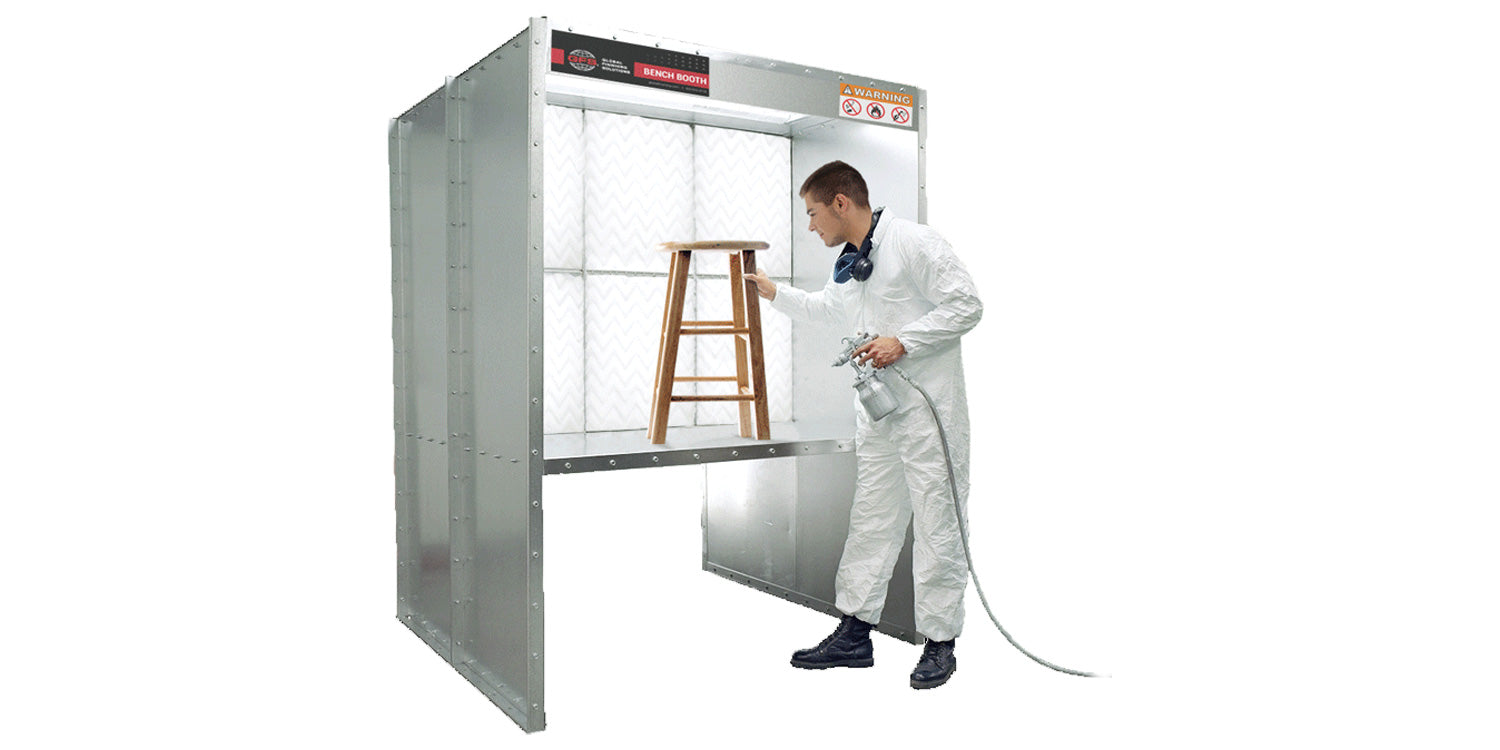Maintaining a paint booth involves more than just keeping it clean; it requires a keen attention to the filters that play a crucial role in its operation. The regular replacement of intake and exhaust filters is vital for ensuring not just the cleanliness, but also the overall productivity of your paint booth.
The Problem with Clogged Filters
Clogged or overloaded filters are more than just a minor inconvenience. They disrupt proper airflow, leading to dust or overspray recirculation, which can severely impact the finish of your paint job. More critically, neglecting filter changes increases the likelihood of equipment failure, inefficient operation, and elevated production costs.
When to Change Your Filters
A strict maintenance schedule should be established, ideally based on the time spent spraying in the booth. According to Steve Love, Parts & Filters Sales Manager for Global Finishing Solutions (GFS), “Paint booth exhaust filters need to be changed every 100 operating hours or every three to four work weeks.” He warns that delaying this maintenance puts your equipment at risk.
Monitoring Filter Life
Utilizing a manometer to measure pressure differential is an effective way to determine when filters are loaded and need replacement. This tool lets painters and service personnel accurately gauge the right time for a filter change. In the absence of a differential pressure gauge, a more manual monitoring approach is required.
The Importance of High-Quality Filters
Choosing high-quality filters isn't just about long-term savings; it's about maintaining operational efficiency. Cheaper filters may save money initially but often lead to more frequent changes and a lower capture efficiency. This, in turn, can result in higher costs due to additional replacements and possible damages to other parts like fans, motors, and ductwork.
Safety First
Beyond operational efficiency, safety is a paramount concern. Meeting the health and safety standards set by organizations like NFPA and OSHA is crucial. In extreme cases, clogged filters may even create flammable or explosive conditions.
Customizing Your Maintenance Schedule
Every paint operation is unique, and thus, requires a tailored approach to filter maintenance. Factors such as paint type, booth design, fan speed, temperature, and spray equipment all influence how often filters should be replaced. GFS recommends working closely with your paint booth manufacturer or filter supplier to design an effective replacement schedule that balances filtration needs with operational costs.
At HMFT, we pride ourselves on more than just selling top-quality products. We boast a team of technical experts intimately familiar with the products we offer. Beyond that, our trained service technicians are equipped with the skills and experience to handle installation, repairs, and routine maintenance, ensuring our customers enjoy the full potential and longevity of their purchases. Your satisfaction, backed by our expertise, is our commitment.
